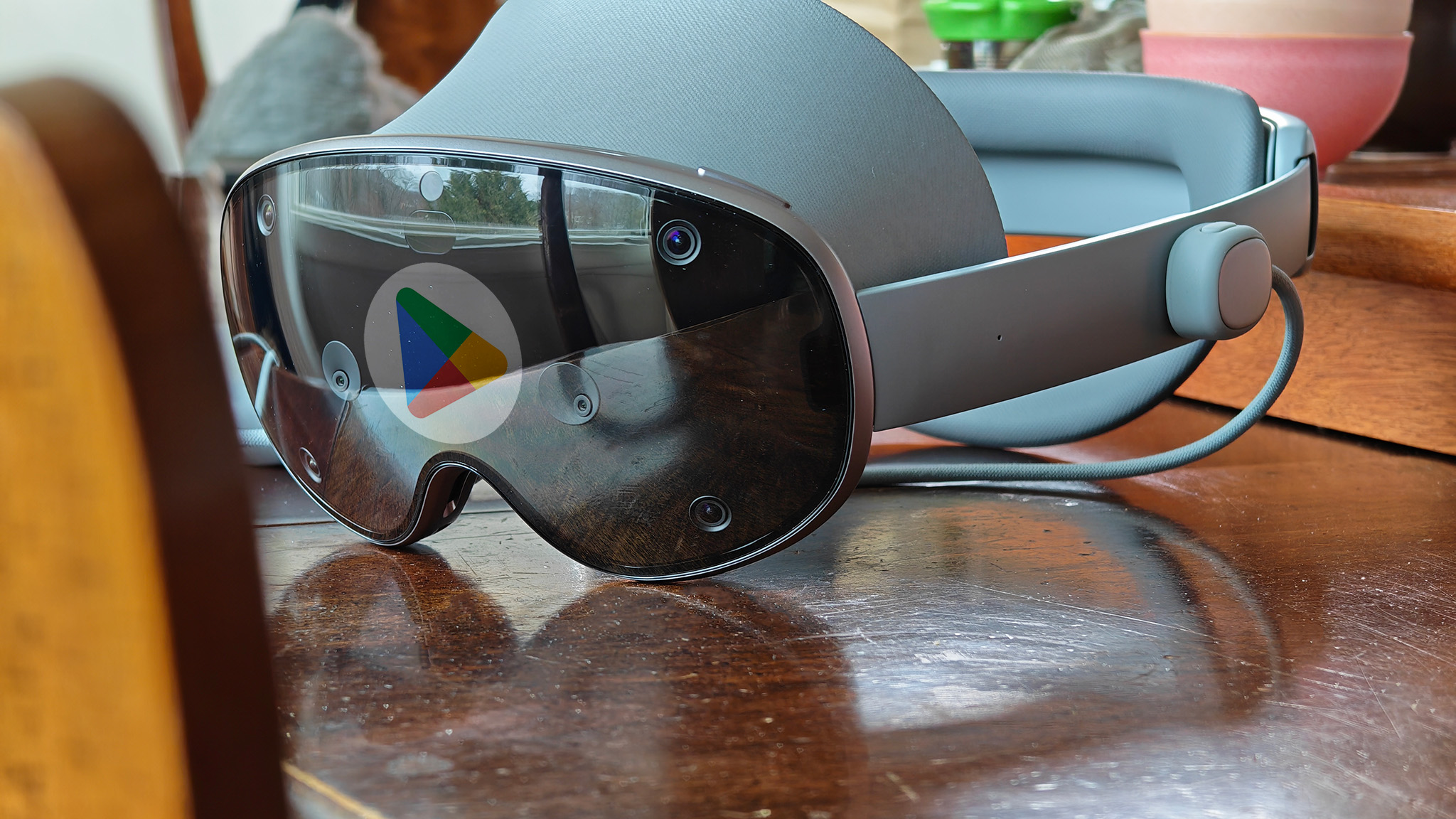Why Microsoft is back making phones with the Surface Duo
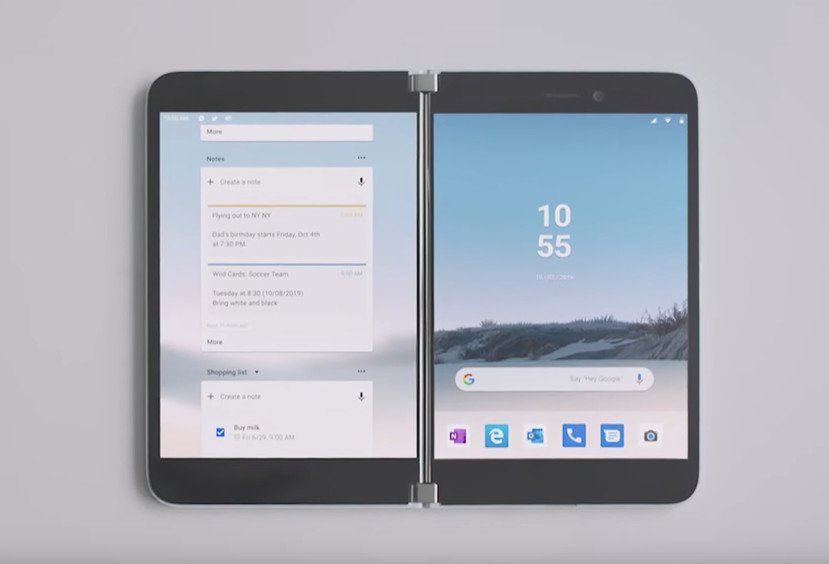
Get the latest news from Android Central, your trusted companion in the world of Android
You are now subscribed
Your newsletter sign-up was successful
A lot of people have been asking me why exactly Microsoft is building an Android phone. After all, it was Microsoft that wanted out of the phone hardware business just a few short years ago. This is all well and true, but it's not the whole story. A big part of Microsoft's decision to kill off its phone hardware was because of Windows Phone not being where Microsoft wanted it to be in the market, and no amount of hardware or software improvements were going to change that.
But even with the death of Windows 10 Mobile and the Lumia product line, Microsoft was still working on a new type of smartphone. Codenamed Andromeda, this device was a dual-screened pocketable phone, which we now know as the Surface Duo. Microsoft has wanted to make the Surface Duo for as long as Windows Phone has been dead. It was a project that started development before Microsoft even considered retrenching its mobile efforts, so it's not surprising to me that Surface Duo is something Microsoft is now doing in 2020.
It's true that when the Surface Duo first started development, it was a Windows-based phone. However, after Windows phone died off, and the app situation didn't improve on the PC side of things, Microsoft ultimately decided to go with Android for the Surface Duo. Microsoft has been embracing Android as a first-class citizen inside the Microsoft ecosystem for quite a while now, and I think putting Android on the Surface Duo makes more sense because of this.
A stage for Microsoft's Android efforts
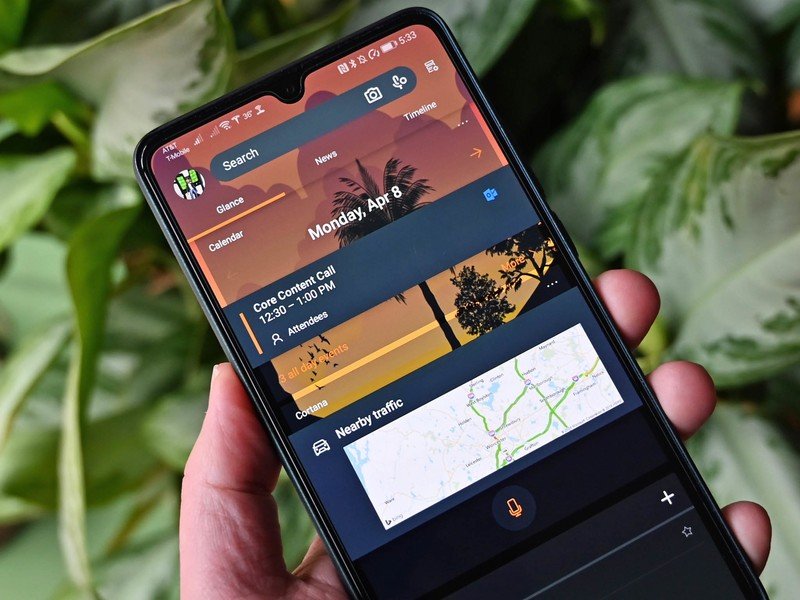
Microsoft should have, or rather, needs a stage to showcase the best of what it has to offer on Android. Surface as a brand has always been about showcasing the best of Microsoft, and in 2020, Microsoft's best efforts are no longer limited to Windows. Not making a phone because it isn't Windows would be doing injustice to all the hard work Microsoft has been putting into Android these last few years.
Yes, you can put Microsoft's Android apps on any old Android phone if you want, but that doesn't showcase the best of Microsoft. The whole point of Microsoft doing its own Android phone is that it can control the ecosystem experience from top to bottom. This control allows Microsoft to integrate the Surface Duo into the Microsoft ecosystem even more than a regular smartphone can just by installing apps from the store.
So that's the primary reason that I think Surface Duo exists. It's to showcase the best of Microsoft's Android efforts and prove to the world that it can still innovate in the mobile space with an offering that enhances the Microsoft ecosystem, even more than third party Android phones can. That's not the only reason it exists, however. Microsoft really thinks it can change the way you use your phone with the Surface Duo, enabling you to be more productive on the go.
It really thinks it can innovate in the mobile space
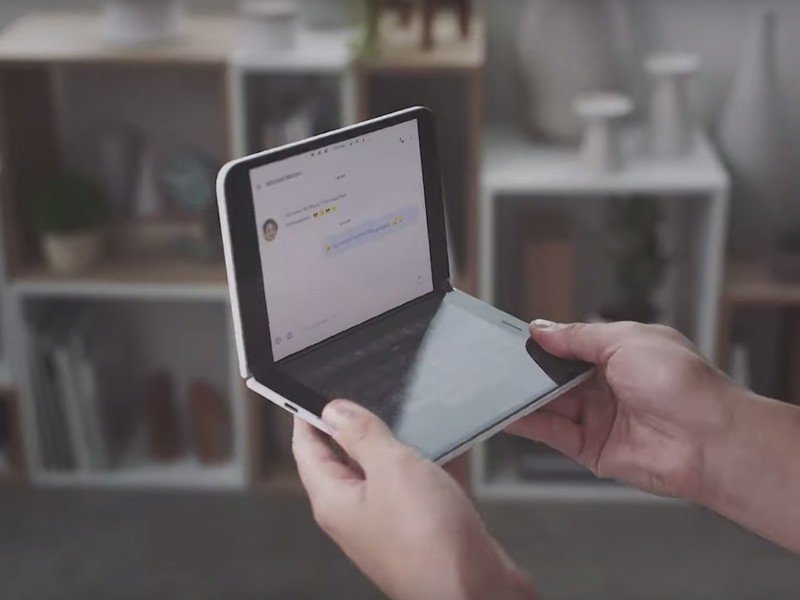
Microsoft is all about making you work better, and it reckons the dual-screen setup on the Duo is a critical component in unlocking productivity on a device that fits in your pocket. It believes this so much that even though it had the choice, Microsoft opted not to go with the single foldable screen design that the Galaxy Fold has ended up with. It wasn't because of technical limitations; it's merely that Microsoft, for now, thinks two screens are better than one.
Get the latest news from Android Central, your trusted companion in the world of Android
Time will tell whether or not this is correct, but I see the logic here. Having two screens is much more versatile as it also lets you have one screen when you need it. Fold the screens all the way around, and you can use it as a traditional single-screened smartphone. Or you can have both screens open like a book, with two apps open at any given time. You've then got the added durability of having two sturdy screens with glass (that works with pen,) instead of one foldable one with plastic.
In addition to this, having two screens also enables way more "postures" such as tent mode, or even laptop mode. Now, I do think the Surface Duo is too small for any real laptop mode, but you can set the device down with a larger virtual keyboard on one screen, and Word or Outlook set up on the other. A device with a single folded screen doesn't have that flexibility. A single screen is good for doing one thing at a time, and then folding it away, in only one direction, when you're not using it. It's just not as versatile.
It's low risk for Microsoft and customers
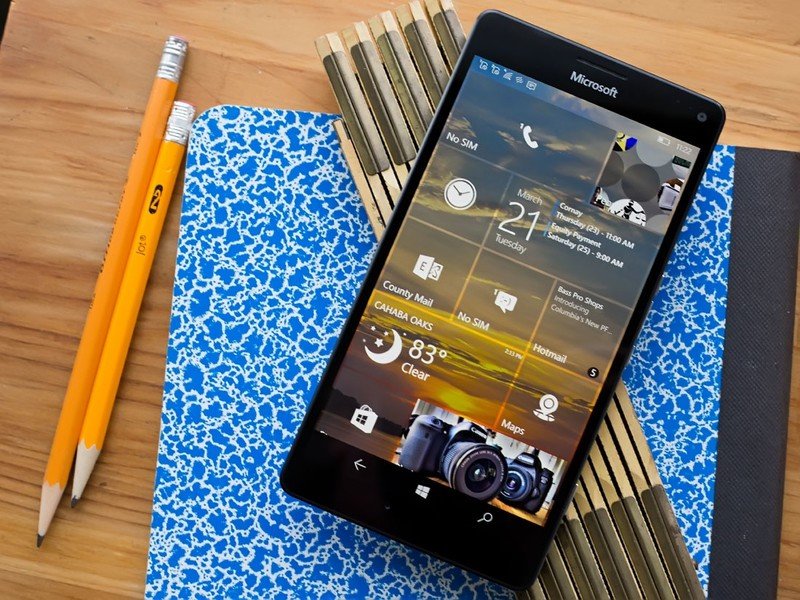
Unlike making a Windows Phone, the Surface Duo running Android means it's a low-risk venture for Microsoft, and it's a low risk buy for consumers too. It already has the ecosystem thanks to Android's vast array of apps, so the only thing Microsoft needs to provide here is the hardware and OS updates. If only a few thousand people buy a Surface Duo, those buyers will still have a phone that's full of apps and always up to date with the latest Microsoft software on Android. It would be a very different story running Windows.
For the Surface Duo running Windows to be successful, it would need to sell in incredibly large quantities to convince developers to build apps for it. But, just like with Windows Phone, consumers wouldn't buy it because developers don't build for it, and developers wouldn't build for it because the consumer doesn't buy it. It would kill the Duo off very quickly. With Android, this isn't a possibility as all the Android apps you run today will also be available on the Surface Duo.
So Microsoft can rest assured that it doesn't need to provide an ecosystem for the customers who buy a Surface Duo. Buyers themselves can rest assured that it already has an ecosystem so that even if Microsoft abandoned the device after two years of OS updates, it would still receive software updates through the Play Store and elsewhere for many, many years to come.
The fans really want it

Finally, I think the Surface Duo exists for the fans as well. And when I say fans, I don't mean Windows fans; I'm talking about Microsoft fans. It's fair to say that Microsoft was embracing its fans at the unveiling event for the Surface Neo and Surface Duo, so much so that Microsoft gave them priority seating over media at the event itself. Microsoft is starting to realize that its Surface fans are important and wants to provide them with something they can take with them in their pocket.
Microsoft does not expect the Surface Duo to sell in large quantities. It isn't planning to compete alongside Samsung or the iPhone with the Surface Duo, and that's totally okay. This is a device that can exist for die-hard Microsoft fans and ecosystem users. It's for those who are happy to show the world that they like and use Microsoft products when on the go, representing the Microsoft logo without having to pull out a laptop or tablet to do so.
Surface as a brand is at a point now where people recognize it. It's also at a point in which people are wanting to buy into the Surface product line, but can't go all in because it doesn't have a phone to complement their laptops. Now, it will with the Surface Duo. Is this a shallow reason for a device to exist? I don't think so. It enhances the Surface product line and the Microsoft ecosystem at the same time. It tells a coherent story to the consumer walking into a Microsoft Store and checking out Surface for what it is: a product line that showcases the best of Microsoft.
And at the end of the day, it brings Surface hardware in line with Apple and Google. Now they've all got a phone for fans to argue which is best.

